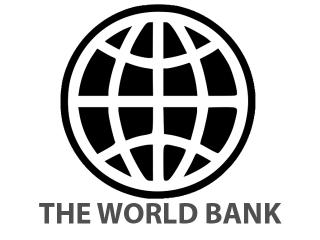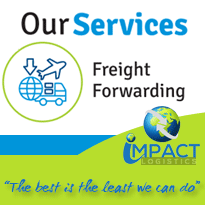 Ethiopia has witnessed rapid economic growth, with real gross domestic product (GDP) growth averaging 10.9 between 2004 and 2014, which is lifting the country from being the second poorest in the world in 2000 to becoming a middle income country by 2025, if it continues its current growth trajectory, World Bank revealed.
Ethiopia has witnessed rapid economic growth, with real gross domestic product (GDP) growth averaging 10.9 between 2004 and 2014, which is lifting the country from being the second poorest in the world in 2000 to becoming a middle income country by 2025, if it continues its current growth trajectory, World Bank revealed.
World Bank has launched the report on November 23, 2015 in Addis Hilton Hotel under the title “Ethiopia’s Great Run: The Growth Acceleration and How to Pace It.”
According to the report, Ethiopia’s growth has been stable, rapid and it has managed to decrease poverty sustainability from 44 percent in 2000 to 30 percent in 2011 due to substantial public infrastructure investment and a suitable external environment.
The report indicates that poverty declined sustainability from 55.3 percent in 2000 to 33.5percent in 2011, according to the international poverty line of 1.90 USD. This recent growth acceleration was part of a broader and very successful development experience.
Ethiopia’s growth was centered in services and agriculture on the supply side and private consumption and investment on the demand side, the report states.
At the beginning of the growth, agriculture was the major economic sector and as time goes by, the service sector gradually took over and was supported by a construction boom in recent years, the report says.
From the average annual growth rate of 10.9 percent in 2004-14, the service sector contributed by 5.4 percent followed by agriculture 3.6 percent and industry by 1.7 percent.
Lars Christian Moller, the World Bank Group’s lead economist for Ethiopia and the lead author of the report said: “Ethiopia began to see accelerated economic progress in 1992 and it shifted to an even higher gear in 2004, pulling millions of people out of poverty and leading to improvements in other areas like improved life expectancy and reduced child and infant mortality.”
The report forwarded three policy recommendations that help Ethiopia sustain high growth which are, identifying sustainable ways of financing infrastructure, supporting private investment through credit markets and tapping into growth potential of structural reforms.
Source: Ethiopian News Agency



